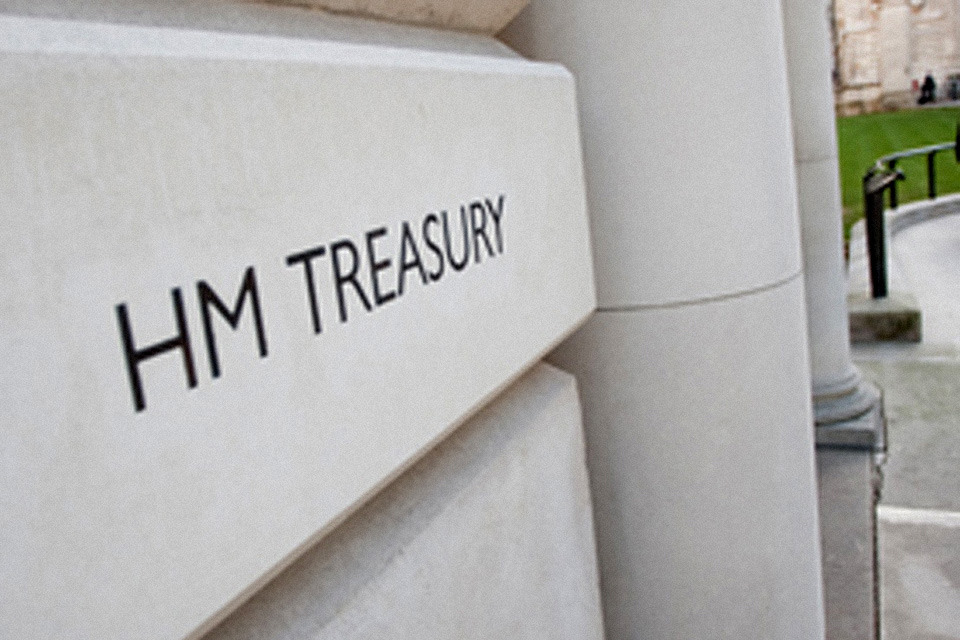The difference is that AI, if it gets too good, threatens to make redundant technically-advanced, skilled, professional jobs, Given that there's already a move towards automation in areas such as retail, it could mean that a wide range of jobs across the board, of varying skill levels, are threatened.
But again, I don't see how that's different from the past. I'm pretty sure that many of the jobs that have been lost to technology over the last century
were advanced, skilled, professional jobs.
At the moment, it's not good enough to do so (you can easily trip up ChatGPT, for instance), but I have concerns about the future. The question to me is: without regulation, what sort of jobs could not be replaced by AI or other forms of automation? There are of course some highly-skilled jobs (the medical profession, amongst others, springs to mind) for which AI and automation would be a poor substitute, but are there enough of those jobs to go round?
Here's how I would see it:
One of the things I've noticed here in London over the last decade is the high proportion of people I meet whose job is basically providing personal support to other people: Lifestyle coaching, interior design, spiritual coaching, personal trainers, health and nutrition advisors, even dating coaching, etc. These are the kinds of jobs that didn't significantly exist a couple of decades ago, but they exist today because increasing automation allows people to start thinking about enhancing their lives with that kind of support. Add to that growing numbers who work in things like alternative (non-NHS) healthcare: Physiotherapists, osteopaths, etc. as well as care workers. And I think this calls out a fundamental misconception amongst those who think that AI will somehow take away all our jobs: The old thinking is that jobs are primarily about making things (or occasionally providing services) - and yes, making-things jobs increasingly have been automated away. But having a job isn't just about making things: It's more about that you are doing something that helps other people and you are getting rewarded for doing that. And no amount of automation or AI is going to take away that human beings generally have a deep need for contact and support from other human beings - which means there will always be a huge need for people to do jobs in which they are helping and providing human contact to other people. The nature of those jobs will change with time, but I would be very confident that we will
always be finding new ways that people can help and serve other people and make a living doing so.
And that highlights one of the fundamental problems with UBI: It basically says that, you don't need to do anything at all: Everyone else will provide a living for you out of their taxes anyway. But if someone isn't willing or interested in doing anything to play a part in their community or to work to help other people, then why on Earth should everyone else pay out of their taxes to provide that person with a living? (Note: I'm talking about people who are unwilling to do anything, not people who are retired or who are interested in principle in working but for reasons beyond their control are unable to do so)

